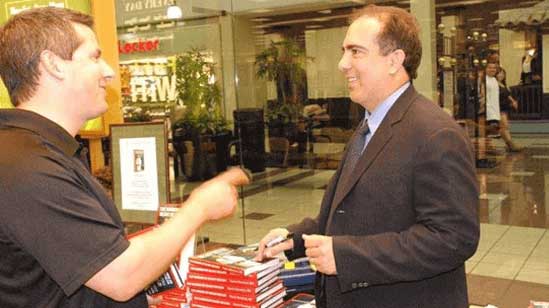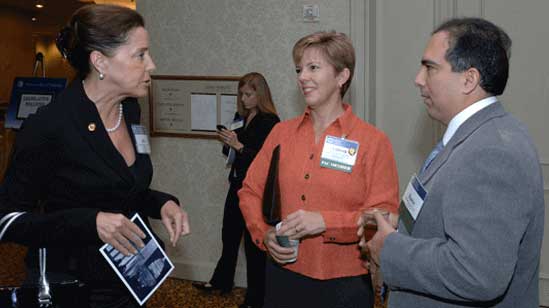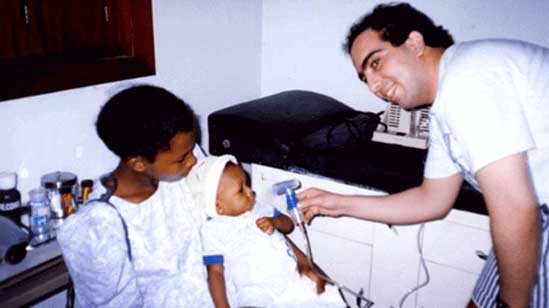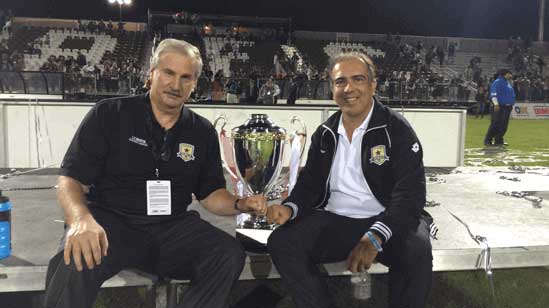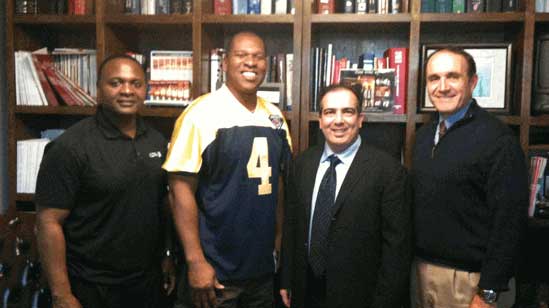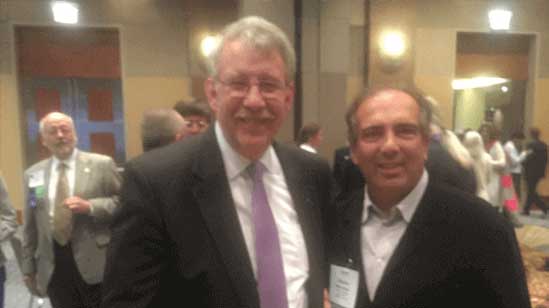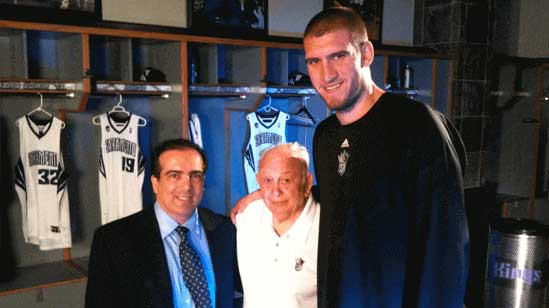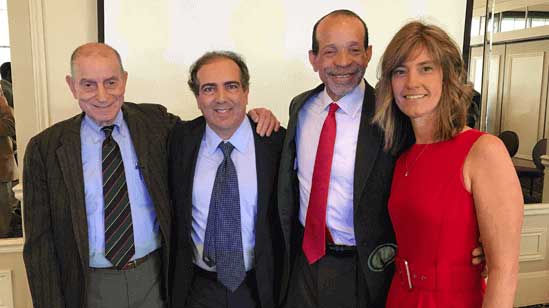Cardiac Rehabilitation: Following an Exercise Program
A big part of a cardiac rehab program is exercise. Regular exercise will make your heart and coronary arteries healthier. It helps increase strength, lower blood pressure, relieve stress, and control your weight.
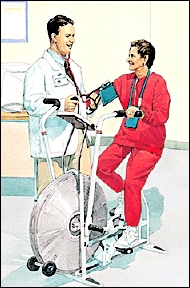
A Supervised Program
Your cardiac rehab exercise program may begin right in the hospital. Your doctor and a cardiac rehab technician will explain how it works. At first, the goal is to regain basic strength. You will start with light exercise, such as walking down the hospital hall. After you leave the hospital, you may continue supervised exercise at a medical center or other facility. There, exercises will be prescribed to help you build strength, flexibility, and endurance.
Continuing at Home
After you finish your supervised program, you should not give up exercising. Keep exercising at the medical center, at home, or at a fitness center. By sticking with a program of exercise, you'll lower your risk for future heart attack and stroke. And you'll feel and look better, too. To make exercise more fun, invite your family and friends to join you. Being active has benefits for everyone.
Aerobic Exercise
Aerobic exercise helps your heart and other muscles better use oxygen. Many cardiac rehab programs use walking on a treadmill as a basic form of aerobic exercise. Some programs also use equipment, such as stationary bikes, arm cranks, and light weights. You will be shown how to use them to get the most benefit. In most programs, your heart rate and blood pressure will be monitored while you exercise.
Signs of Overexertion
Stop exercising and call your doctor if you feel any of these symptoms:
-
Chest pain or discomfort
-
Burning, tightness, heaviness, or pressure in your chest
-
Unusual aching in your arm, shoulders, neck, jaw, or back
-
Trouble catching your breath
-
Racing or skipping heart
-
Extreme fatigue (especially after exercise)
-
Lightheadedness, dizziness, or nausea

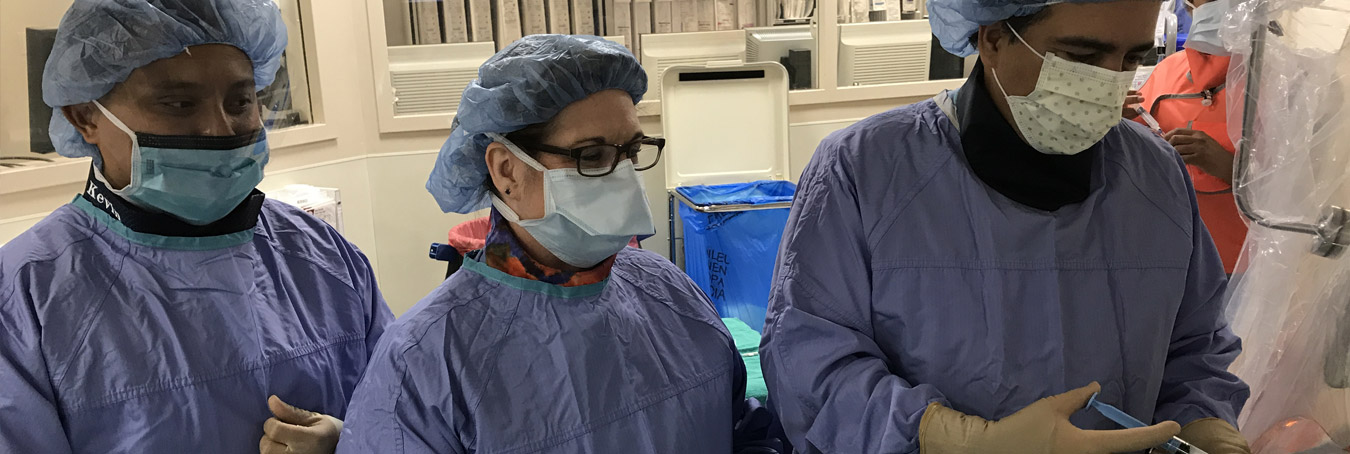




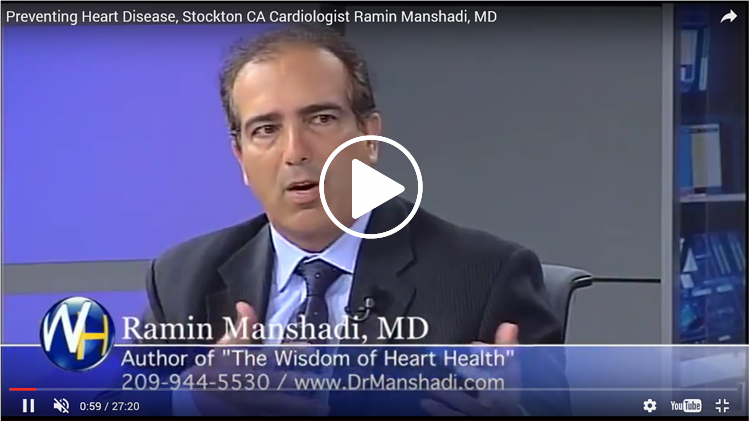
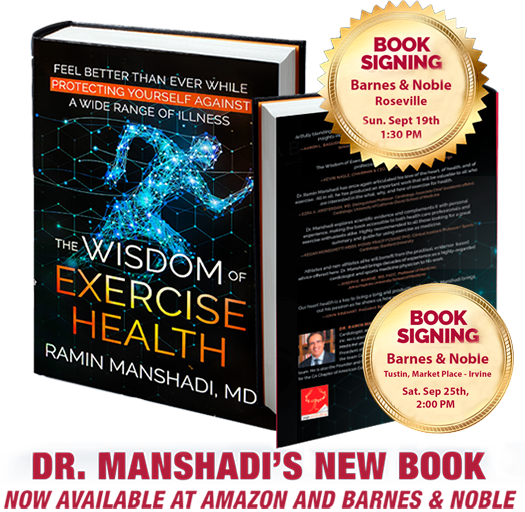

 Click Here for More Details
Click Here for More Details